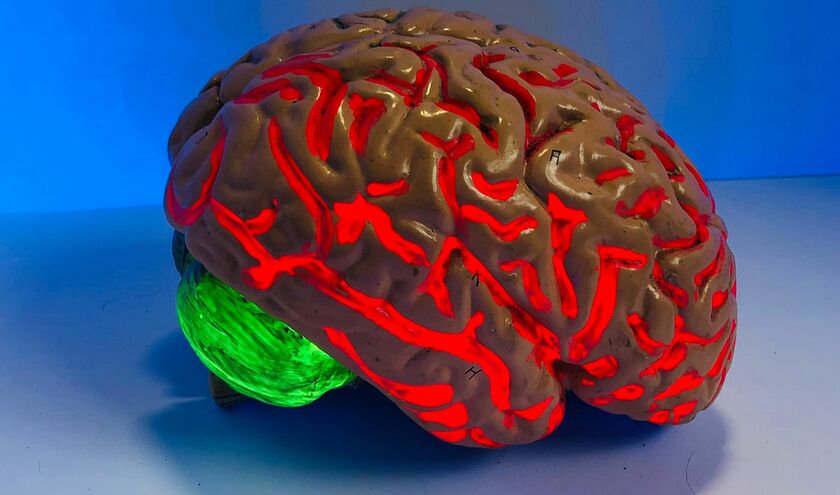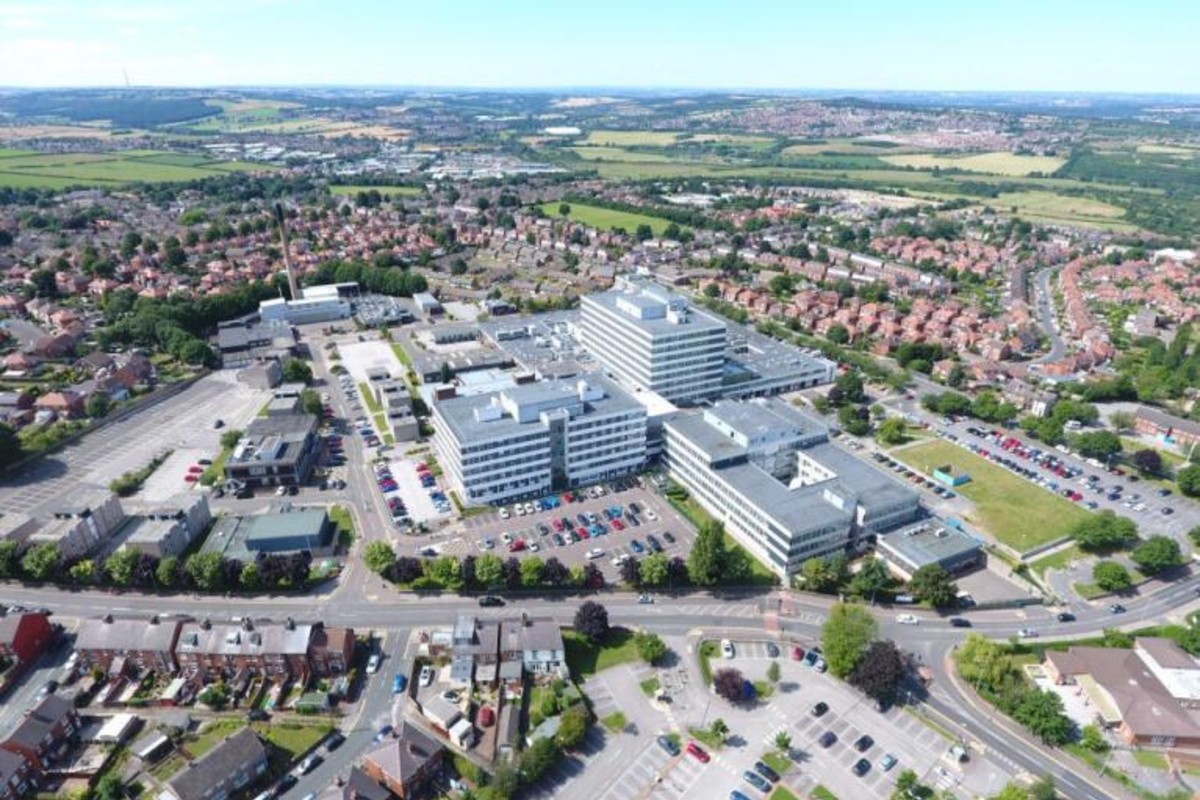In its final draft guidance, NICE said the drugs, which slow progression of the disease, were ‘not good value for money'.
Helen Knight, director of medicines evaluation at NICE, said: ‘The committee concluded the small benefits of donanemab and lecanemab shown in the clinical trials and the lack of long-term evidence of effectiveness, together with the substantial resources the NHS would need to commit to the treatments means if they were approved they could displace other essential treatments and services that deliver significant benefits to patients.'
While noting the treatments delay progression from mild to moderate Alzheimer's by four to six months, Knight said: ‘For us to be able to approve a medicine for use in the NHS it must not only represent a step forward in treatment, but it must also represent a good use of NHS resources and taxpayers' money. These treatments do not do that.'
Professor Fiona Carragher, Alzheimer's Society's chief policy and research officer, said the decision was a ‘setback for people with Alzheimer's disease', adding: ‘It is highly disappointing that we are in a situation where treatments that slow the progression of the condition are not available on the NHS.
‘In other diseases like cancer, treatments have become more effective, safer and cheaper over time. It's essential we see similar progress in dementia.'
Prof Carragher called for long-term Government investment to ‘fundamentally change dementia diagnosis so that we are ready for new treatments', including an early diagnosis and access to specialist diagnostic tests.
Alzheimer's Research UK chief executive Hilary Evans-Newton, said while perhaps not surprising, the news was ‘a painful setback for people affected by Alzheimer's', who now face a long wait for innovative treatments, unless they can pay privately for lecanemab or donanemab.
A Department of Health and Social Care spokesperson said: ‘These are difficult decisions made by the independent National Institute for Health and Care Excellence, which has a robust process to assess the available evidence on the costs and benefits of a treatment, including extensive engagement with the NHS, drug manufacturers and other relevant groups.
‘It is right that these decisions are taken independently, and we are committed to working with NICE and the NHS to ensure that treatments are made available as and when they are assessed as ready.
‘Alzheimer's is a devastating disease, and we are determined to expand research and innovation in this area as well as ensure the diagnostic and treatment capacity is in place across the NHS to catch illness earlier.'



